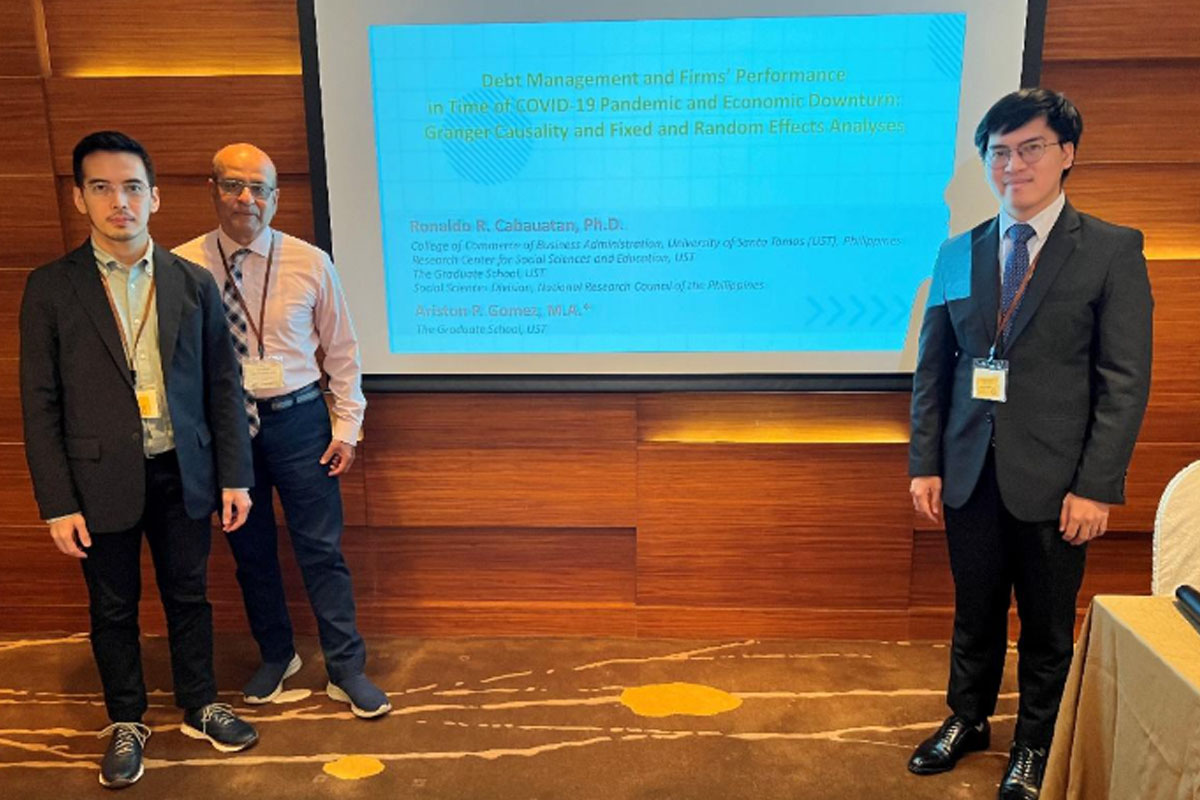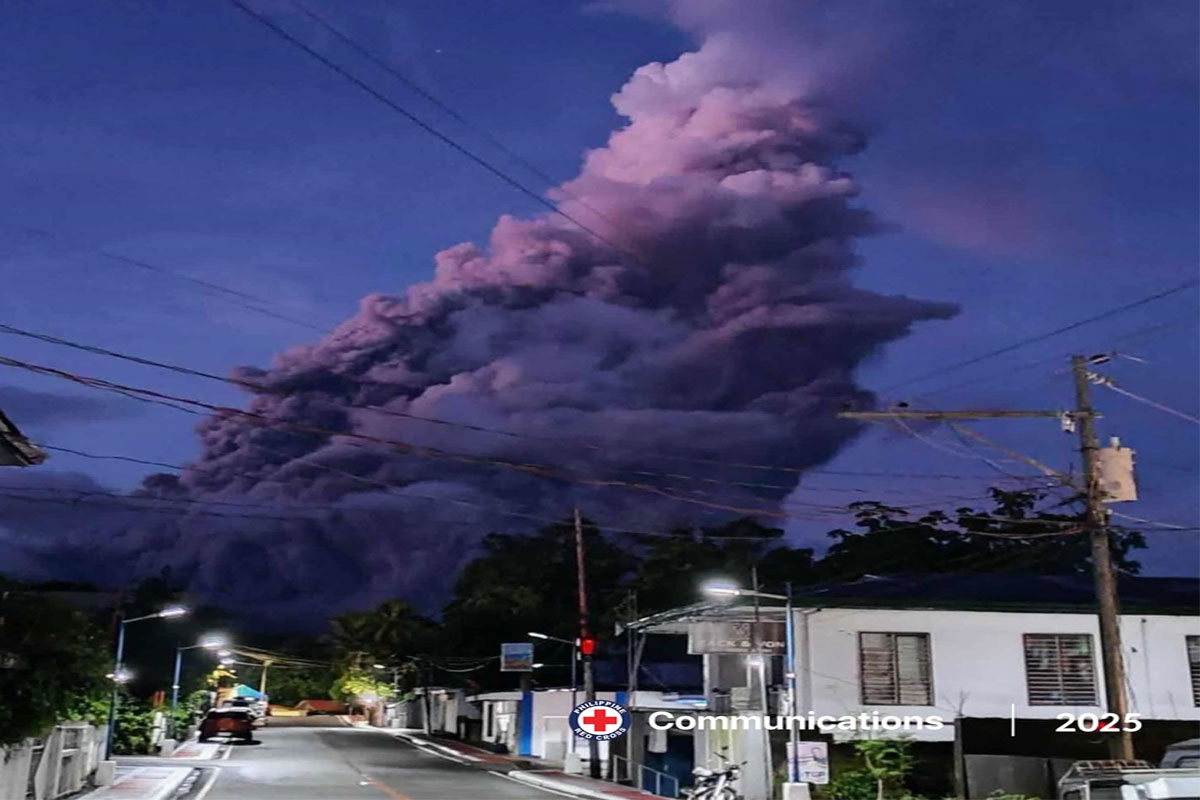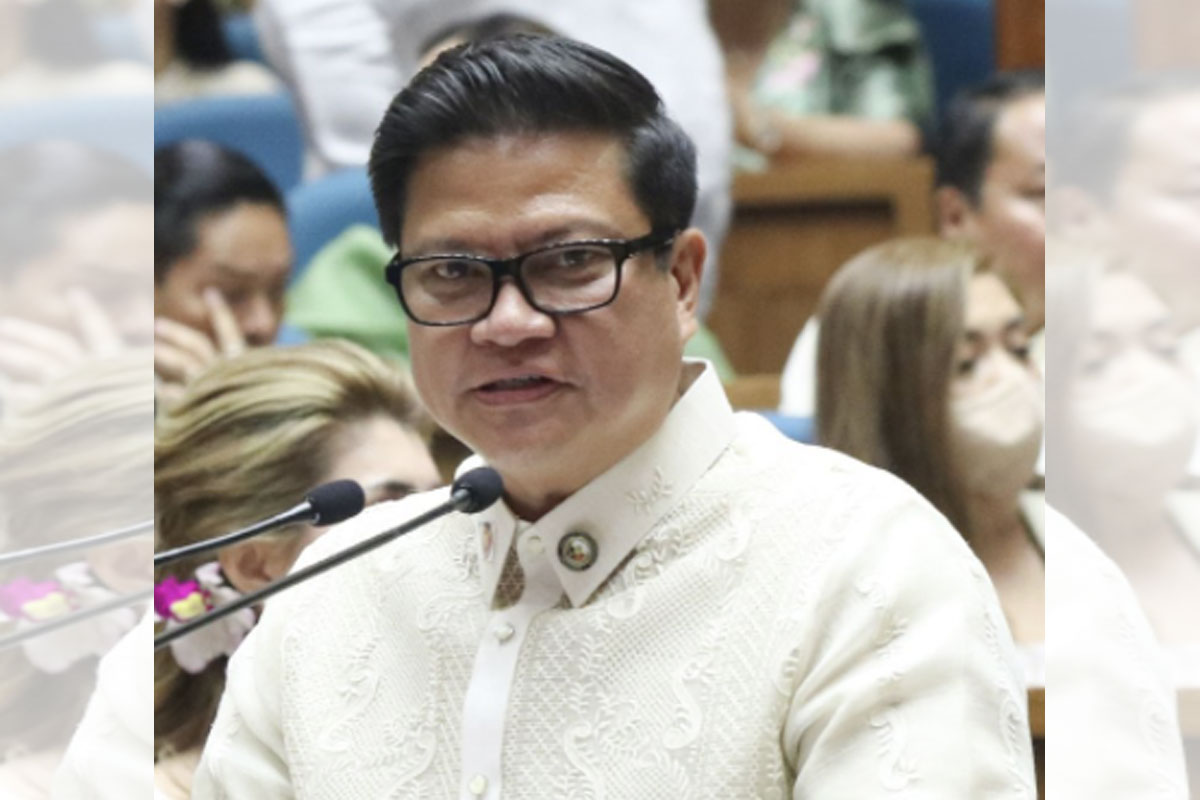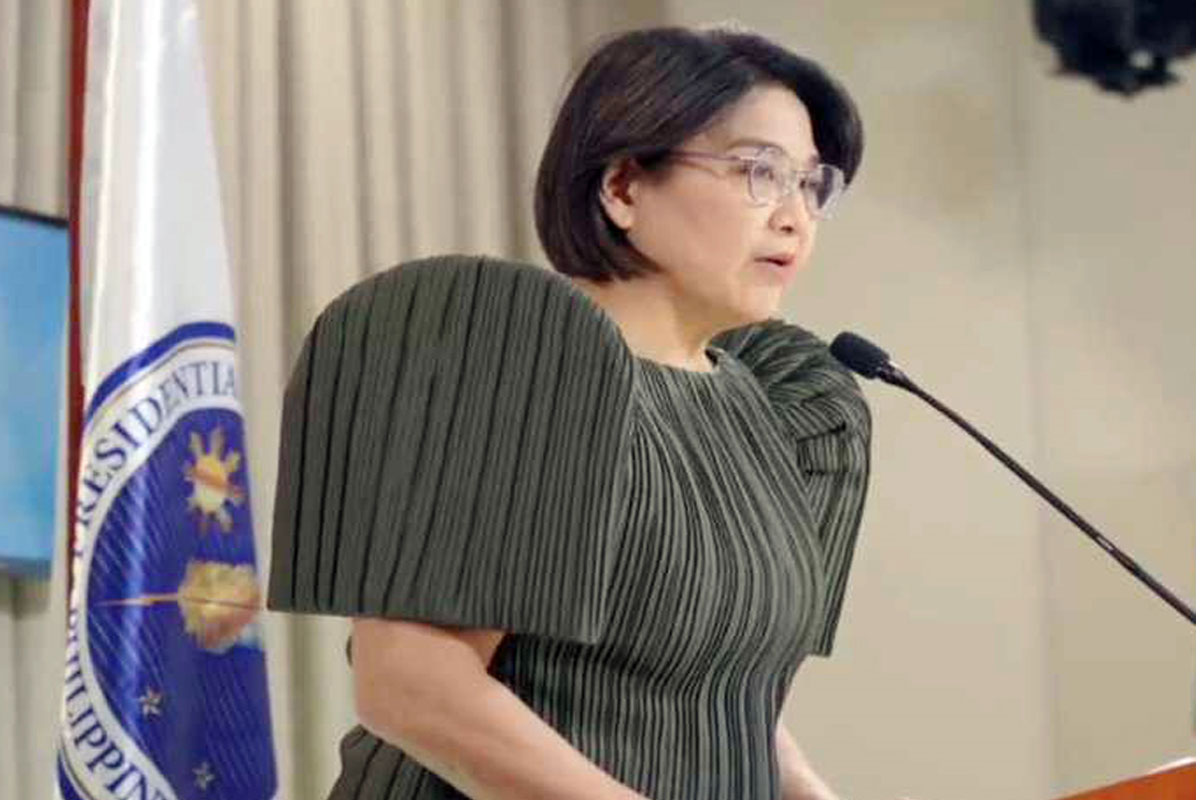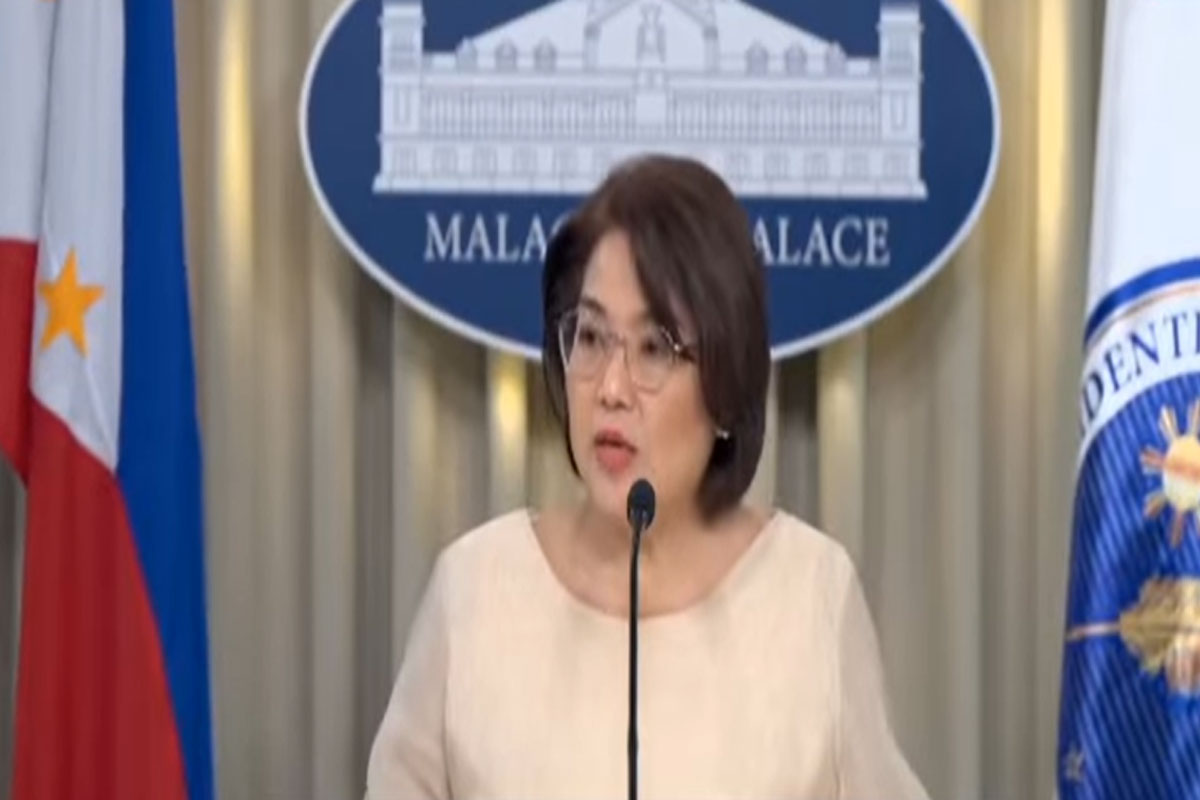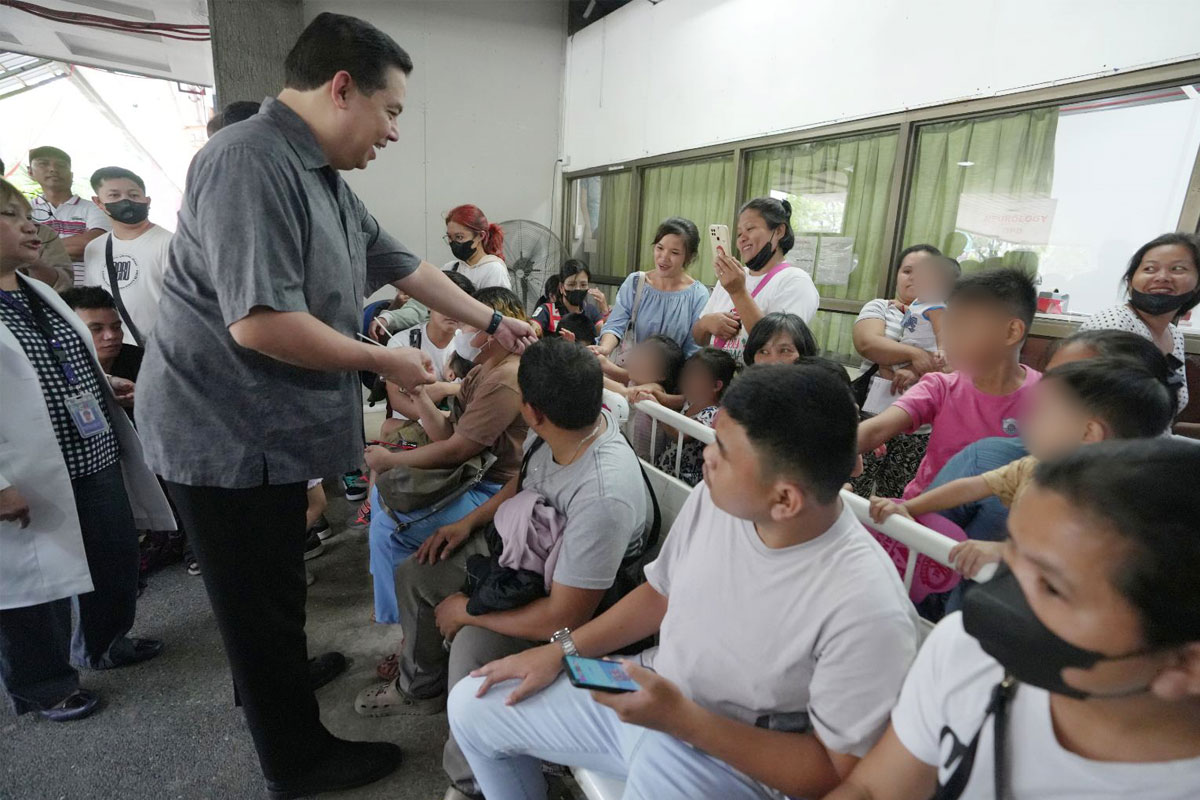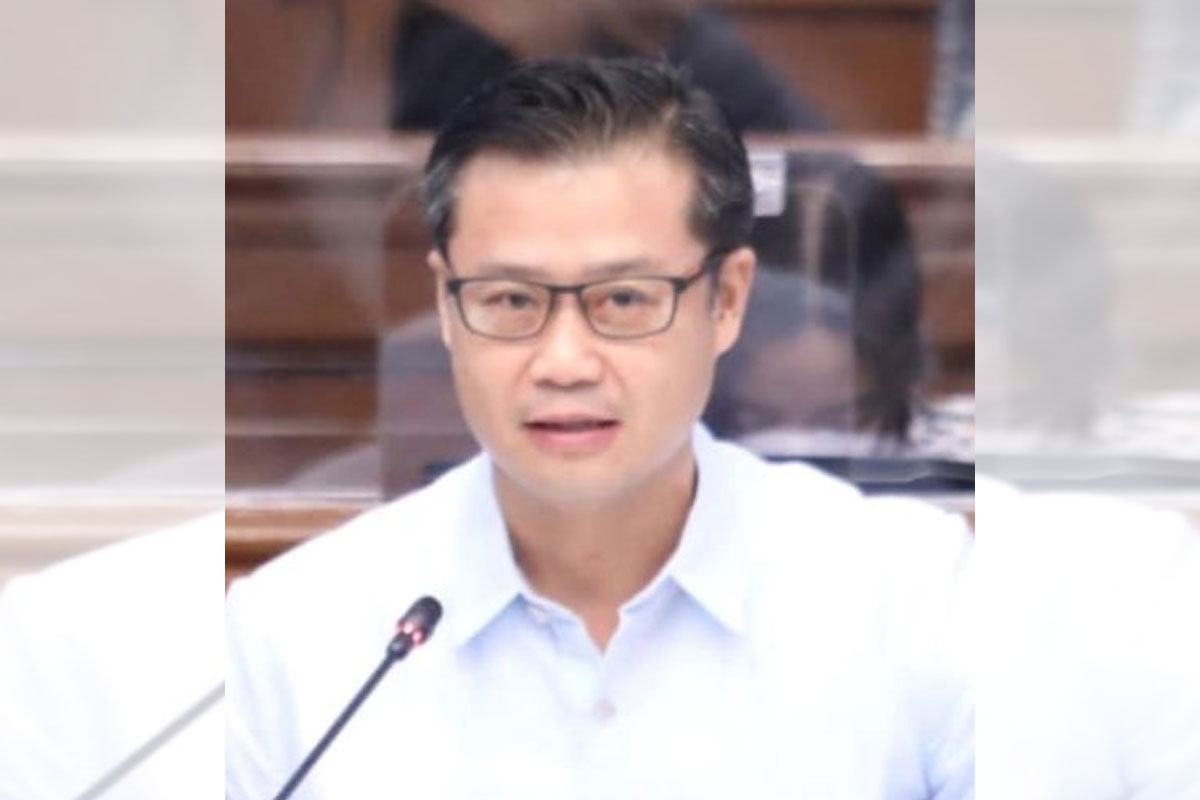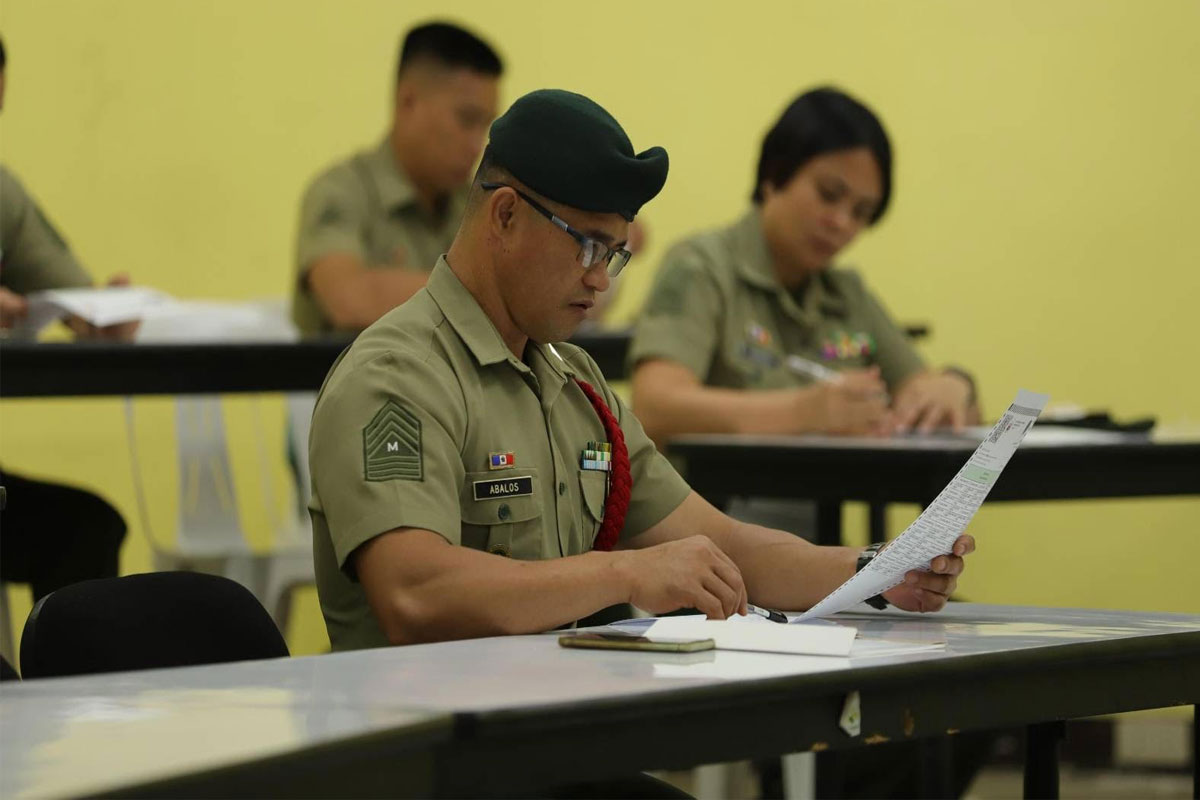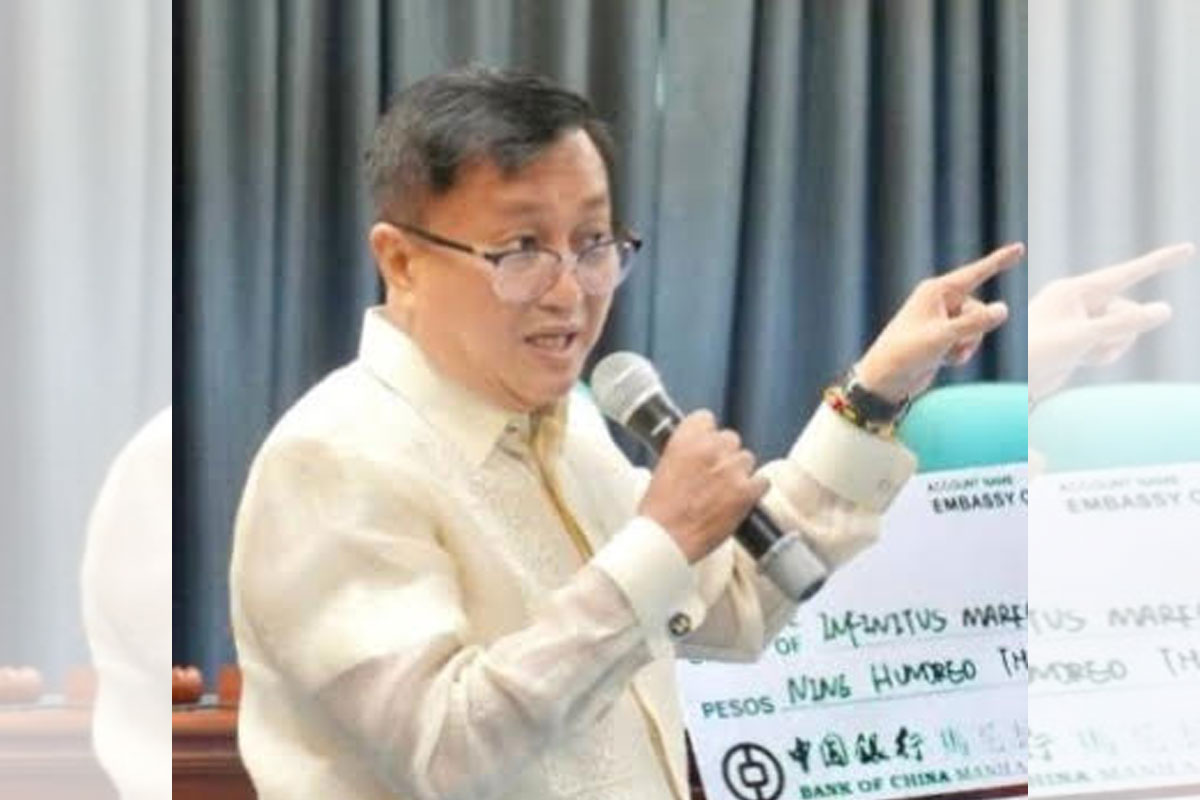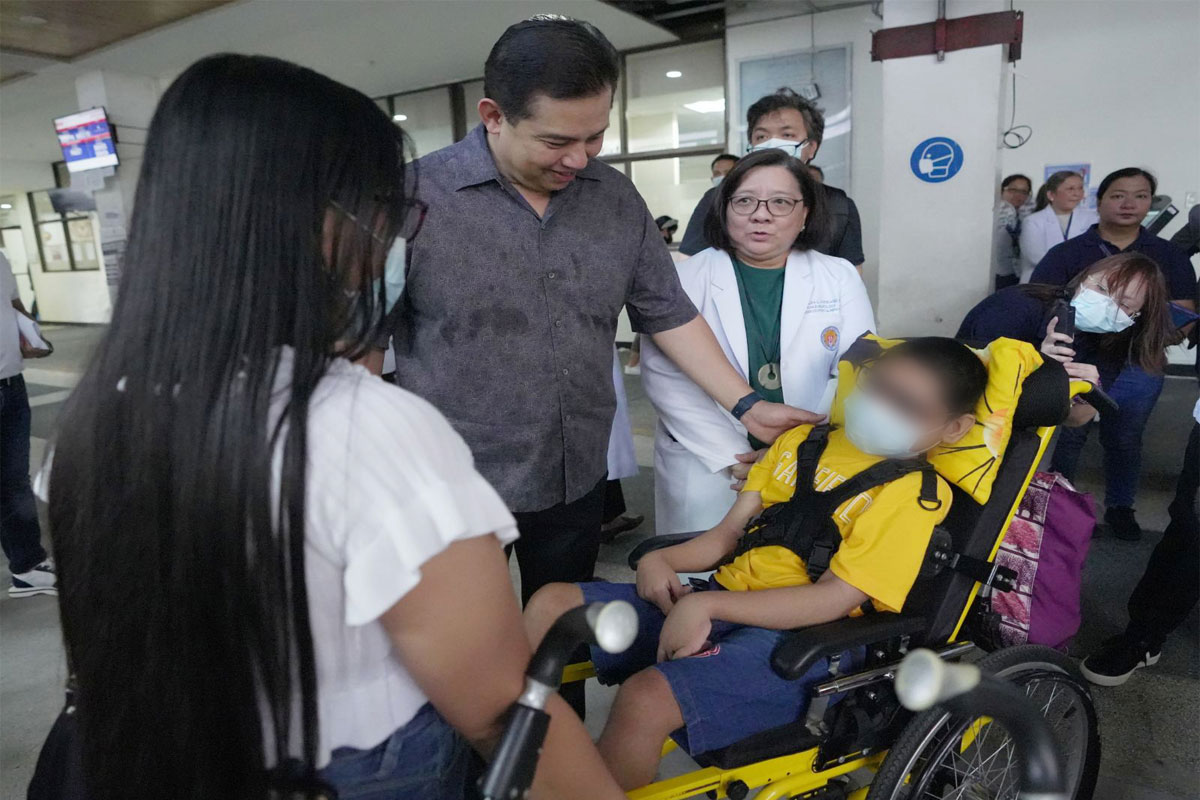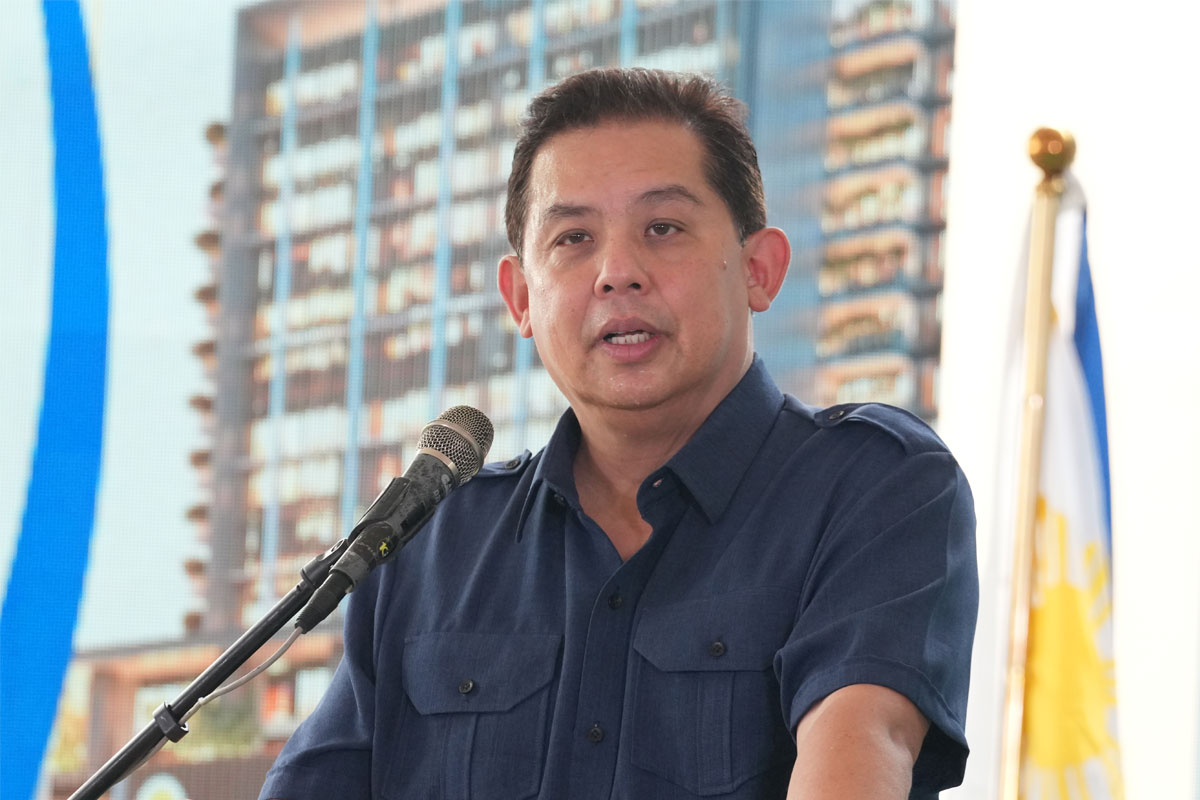
TDC champions mother tongue in schools
A TEACHERS’ group yesterday said young pupils could not be stopped from using the native language in studying as the continued presence of Filipino and mother tongue subjects in the educational system serves as a reminder of who we are as Filipinos.
This was stressed by the Teachers Dignity Coalition (TDC) in reaction to halt the implementation of the Mother Tongue-Based Multi-Lingual Eduation (MTB-MLE).
The group said the state , especially our public education system, is constitutionally mandated to maintain, promote and enrich our languages, our inherited heritage.
The group recognized the Philippines’ rich culture as evident in our country’s dynamic linguistics, despite the fact that there are only two recognized official languages — English and Filipino.
Although English is widely used in commerce, media, law and government, and higher education, the majority of individuals regard it as a foreign language.
Meanwhile, Filipino, which evolved from Tagalog, is the most frequently spoken and understood language in the country.
“Most Filipinos, especially those living outside the Katagalugan region, consider Filipino or Tagalog and English as their second and third language, respectively. However, the Philippines’ linguistics are not confined to these two dominant languages because there are over a hundred languages that exist and are utilized by the people on a daily basis, the group said.
The TDC stressed every child has the right to receive basic learning in his or her native language.
“Children, especially those in the early grades of education learn better if the language used in teaching is the language they know and use on a daily basis, a fact that is undeniable.
“This is why the Mother Tongue-Based Multi-Lingual Education (MTB-MLE) was incorporated in RA 10533, or the Enhanced Basic Education Act of 2013. A significant advancement not only in education but also in the socio-cultural context.
“For the first time, a law enacted by Congress recognized the diversity of our country’s languages and officially guaranteed them space in educational institutions throughout the country and 10 years after the MTB-MLE K-12 Program was introduced, people’s expectations have not been met,” the group explained.
The TDC said the program’s suspension should not be the main issue but its proper implementation.
TDC acknowledges the difficulties in implementing MTB-MLE, particularly the fact that the country has a far larger population than can be contained within a small area.
“This indicates a high level of language and cultural diversity and community overlap and certain urban areas including Davao, Zamboanga, Cagayan De Oro, Tacloban, Tuguegarao, Baguio, Cebu, Bacolod, Legazpi, Naga, Puerto Princesa, and especially greater Metro Manila area (NCR Plus)have evolved into melting pots of their neighboring communities,” the group said.
There is a significant issue in specific areas as well, as in several other provinces with a high level of linguistic diversity such in Cordillera, Cagayan Valley, Bicolandia, MIMAROPA, and Bangsamoro and Mindanao regions.
These difficulties should be considered when the program’s assessment and the implementation should be modified in the future.




